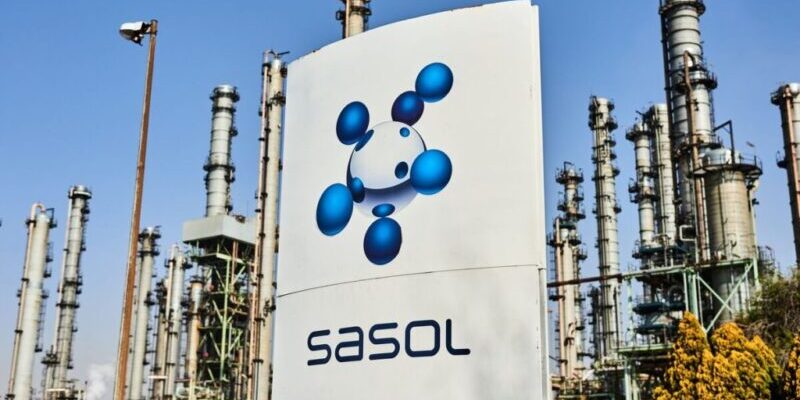Over the past 20 years, Sasol has exported 2.695 billion gigajoules of the 3.47 billion gigajoules of natural gas produced in Mozambique.
This significant milestone has firmly established Mozambique as a key regional natural gas producer and laid the groundwork for the development of the national oil sector.
President Filipe Nyusi highlighted this achievement during the 20th-anniversary celebration of the National Petroleum Institute (INP) in Maputo.
He emphasized that Sasol’s gas exploitation from the Temane and Pande reserves in Inhambane Province since 2004 has been instrumental in Mozambique’s energy sector growth.
The gas, transported via pipelines to South Africa and Maputo, also powers the Ressano Garcia power plant near the capital and close to the South African border.
Of the total 3.47 billion gigajoules produced by Sasol, 352 million gigajoules have been consumed domestically in Mozambique as commercial gas and as “royalties in kind,” according to President Nyusi.
The initiation of gas production in Pande and Temane is considered one of Mozambique’s most significant achievements in leveraging its energy resources.
This development has paved the way for the broader oil sector and led to the discovery of vast reserves in the Rovuma basin, estimated at around 180 trillion cubic feet.
President Nyusi also noted that the INP has launched six public tenders for hydrocarbon exploration and production, both offshore and onshore, resulting in the discovery of world-class natural gas reserves in the Rovuma basin.
To date, Mozambique has awarded 20 exploration and production areas, with approximately $9 billion invested in exploration and $21 billion earmarked for development projects.
Mozambique’s Rovuma basin, one of the world’s largest natural gas reserves, has three approved development projects.
Two major projects involve channeling gas from the seabed to onshore facilities, where it is cooled and exported as liquefied natural gas (LNG).
One of these projects, led by TotalEnergies (Area 1 consortium), was progressing until it was indefinitely suspended following an armed attack on Palma in March 2021.
TotalEnergies has stated that work will only resume when the area is secure. The other project, led by ExxonMobil and Eni (Area 4 consortium), is still awaiting an investment decision.
A third, smaller project, also part of the Area 4 consortium, involves a floating platform that captures and processes gas for export directly at sea. This platform began production in November 2022.
![]()




